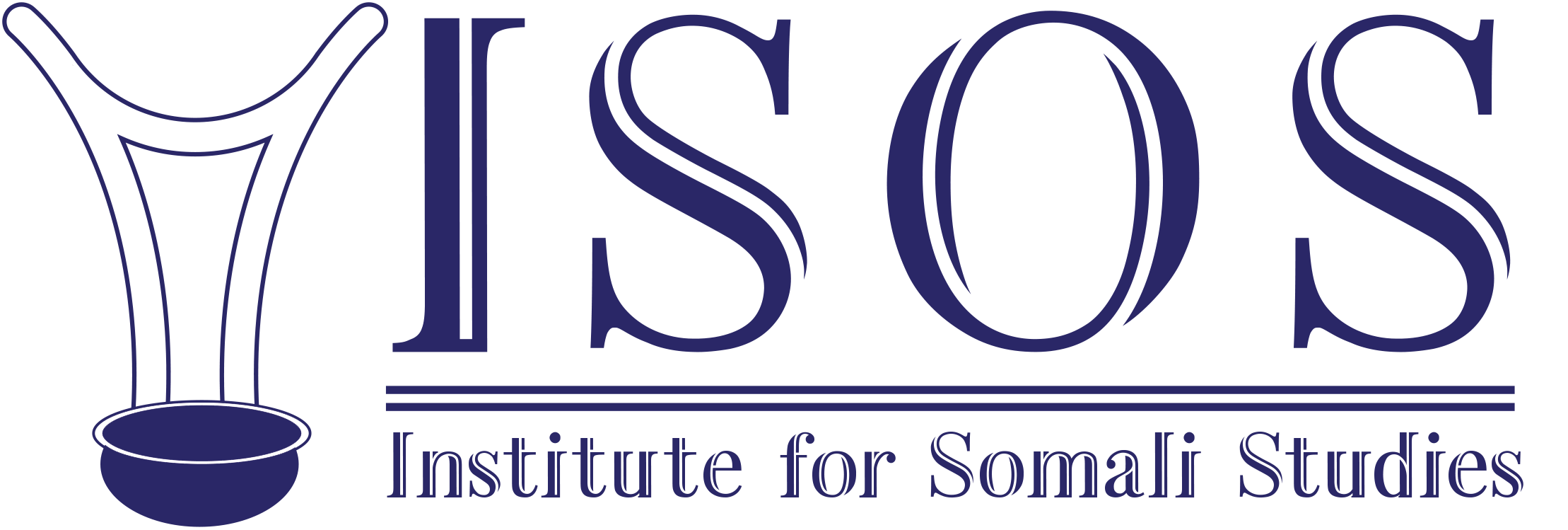Abstract
The international community’s intervention in fragile or failed states mostly is welcomed. But on the other hand, the external intervention revolves around the interest, ideas, strategies and the policies of the intervener. This study explores Turkish model in Somalia`s state building and argues that the engagement in civilian power with humanitarian and development assistance, is more effective than coercive military intervention. Turkey’s civilian power approach has a positive impact on Somali state building process, such as peace building and political process, enhancing the capacity of state institutions and socioeconomic development of the country.
Keywords:
State building, Civilian power, development, Somalia, Turkey,
Mogadishu University,
ISOS,

